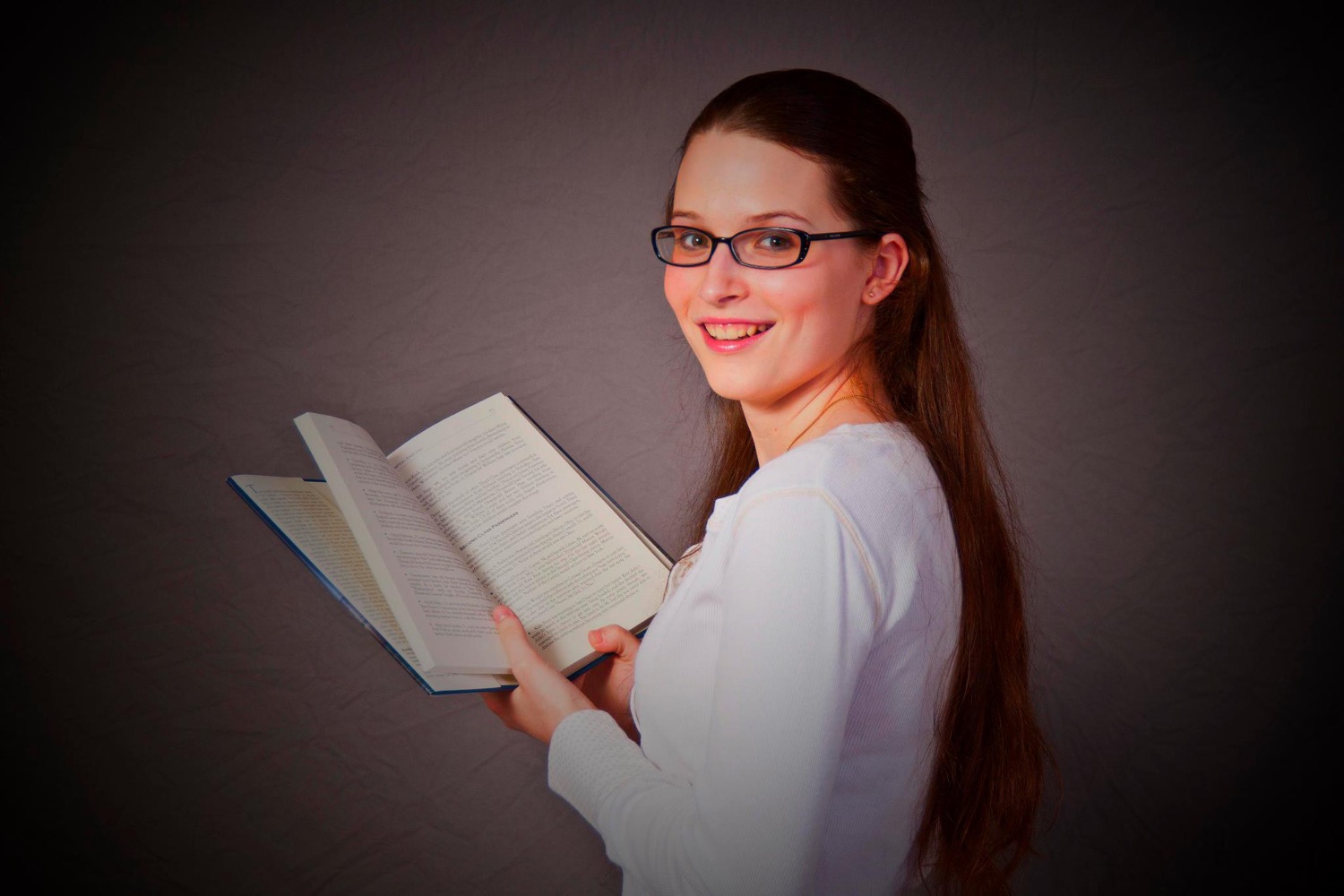
Introducing: Alameth
- Hannah Mae
- Oct 21, 2020
- 4 min read
Updated: May 9, 2022

[Welcome to the third entry in my ‘Introducing’ series, where we take an in-depth sneak peek into the main characters of Celestial. No need to worry. No plot spoilers here!]
Who is Alameth?
Alameth, the tallest member of Jediah’s assigned team, is one of the Destroyers - a type of angel classically known as an angel of death. But unlike the popular human myth, he’s no Grim Reaper.
What differentiate’s him from a Grim Reaper?
Grim Reapers are cultural personifications of death and fabled to harvest souls out of duty - not caring who dies, how, when or where. That’s not Alameth. Firstly, he’s not death personified. True, he may look the part in his grey hooded robe. He also may be through whom death comes, but that doesn’t make him death manifest himself. Secondly, despite his stoic demeanor, Alameth does indeed see, hear and remember everything . . . and everyone. A blank expression can be the result of deep-seated emotions too strong to process, after all.
But Alameth is an angel of death. Didn’t God make him for this? Shouldn’t he be used to it?
That’s just it. Alameth was not originally made to be a harbinger of plagues. None of his kind were. For death didn’t exist before the sin curse. The beautiful mists that issue from him used to flow with life and blessing. Now they inflict pain and pestilence. It’s not the way things were meant to be, so while he’s fully dedicated to being God’s judgment arm in the current age and happy to escort millions of believers into God’s presence, Alameth does not want to grow accustomed to death - ever. In fact, becoming too used to it is more terrifying to him than anything.
Is he emotionally stable?
Mostly.
What do you mean by mostly?
Just. Mostly.
What place does Alameth hold in Celestial’s narrative?
What I so love about Alameth is the richness he provided to the story. His mere presence in the team automatically generates a mixed bag of feelings not only to the other angels but I’m hoping to the readers as well. You know that Alameth is on God’s side, but he’s also a channel for the side of God we often find the least comfortable - His righteous wrath side. Sometimes overt focus on Christ’s tenderness, leads us to forget that Jesus isn’t just meek and mild. He’s also a thunderous and holy judge - deserving of reverence and fearful respect. Alameth’s existence is a reminder of that. Plus, his character arc is also a linchpin to the story’s main theme. We all grow steadily wearier of suffering don’t we? Sometimes it’s so unbearable, we’d jump at the chance to stop it at all costs, but in light of Christ, suffering takes on a whole new meaning. Who appreciates daylight more than one who only lived in night? Who draws closer to the fire’s warmth than he who nearly froze? If no one ever ached in sin, who’d seek redemption? And if forgiveness was never needed, who’d experience the comfort only God’s loving forgiveness can provide? Alameth may have suffered more through the ages than his fellow angels could ever know, but in so doing, the resulting intimacy he enjoys with His Creator might just hold significant answers to some incredibly significant questions.
Who is Alameth based on?
On a visual level, I found myself basing him off of Raven from the Teen Titans cartoon show. They both wear similar clothes. Their struggles are similar, and even their powers behave in a similar way. However, while Raven definitely had that ‘scary person trying to do good’ vibe to her, I wanted there to be more in Alameth beyond being an obligatory ‘emo’. I wanted him to be unreadable yet likable. Somebody you wanted to trust in yet wary enough to recognize there’s an unstable danger to him. Then I found the closest template to what I was going for in Frodo from The Lord of the Rings. Particularly, the Frodo in the final chapters. You see, Frodo pre-adventure is a very different hobbit by the end. He returns from war a wounded hero. He’s unable to shake off the inner and outer evils he had been exposed to and suffered through. It left him kinder and wiser yet also grim. This solemn reflectiveness he adopts, while not tarnishing his noble character, does leave the reader unsettled. It’s like there’s a taunting menace within Frodo that he won’t speak about, and you don’t know what it is or if it’s causing him further harm. That very interesting niche in Frodo was just the sort of inspiration I needed to get Alameth off the ground and into his own unique personality. So whenever I was stuck, I’d ask myself, ‘What would post-war Frodo do/say?’
What’s the hardest part about writing Alameth?
I meant to portray Alameth as a sort of terribly dangerous wild card. However, most wild cards in stories are usually tricksters or sneaks. I didn’t want that. Alameth needed to be stern yet kind. Steady yet passionate. Dutiful yet willing to step out of line given a moment’s notice. So the hardest thing to me boiled down to nailing down his convictions. When it comes to most things, he doesn’t give a care. He won’t take action. However, whatever actually does matter to Alameth will compel him to do some of the most extreme things for its cause, and few things matter more to this angel of death than the preservation of . . . well . . . life.
I hope you liked this article! Please consider liking, sharing, and leaving a comment! Celestial comes out on May 12th next Thursday, so find and preorder it on Amazon, Goodreads, Applebooks, and Barnes & Noble; and please consider subscribing for my free, non-spammy newsletter below! Thank you!









Comments